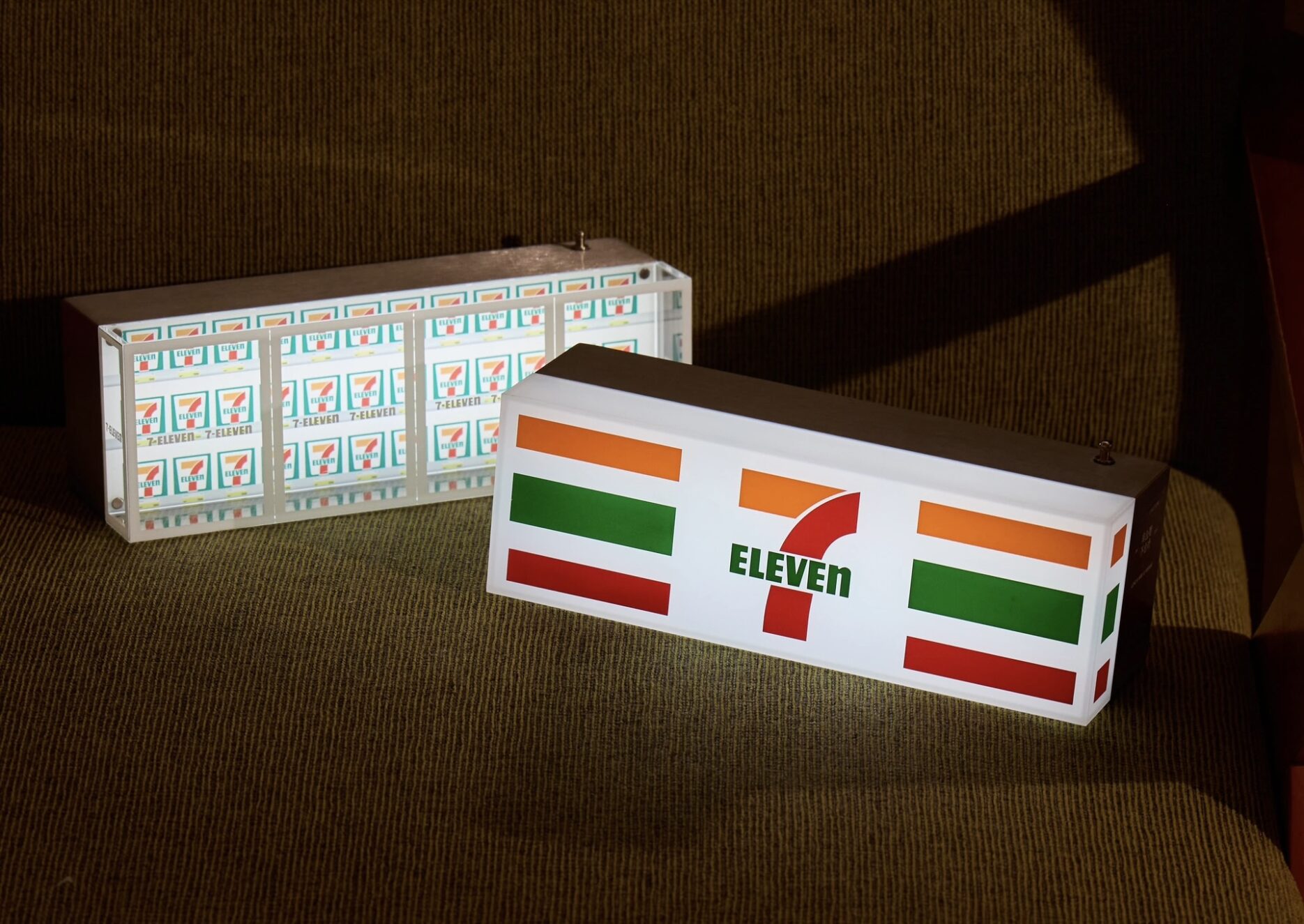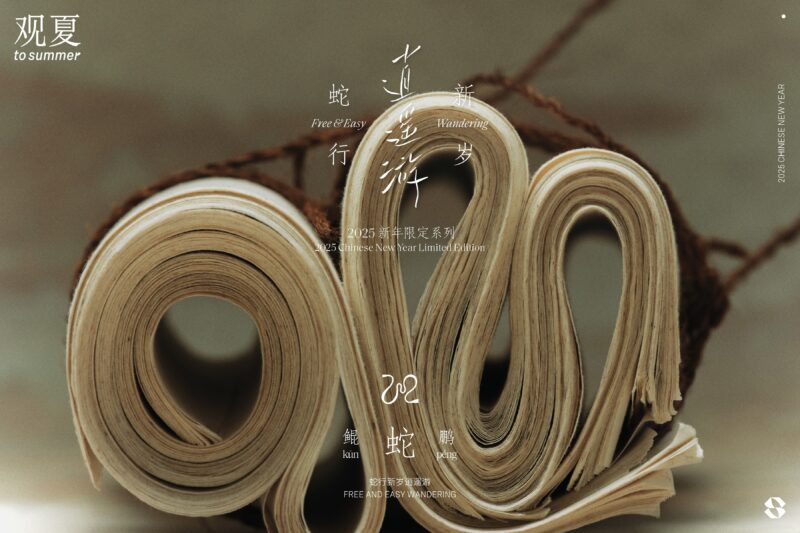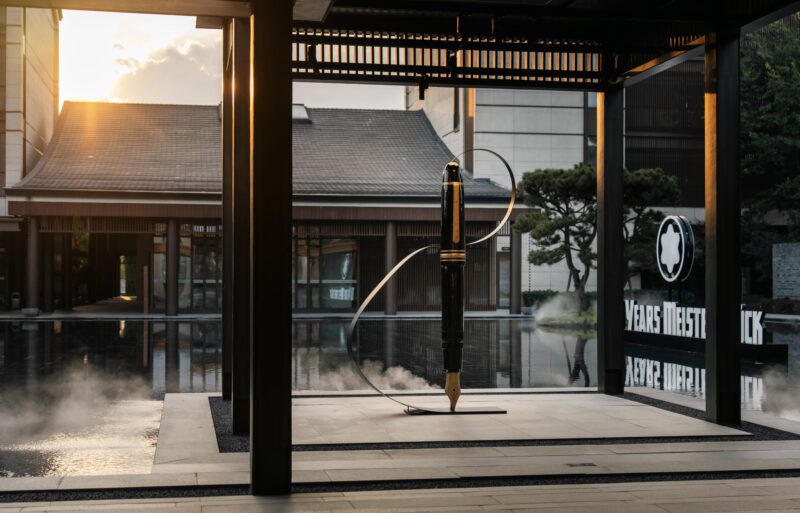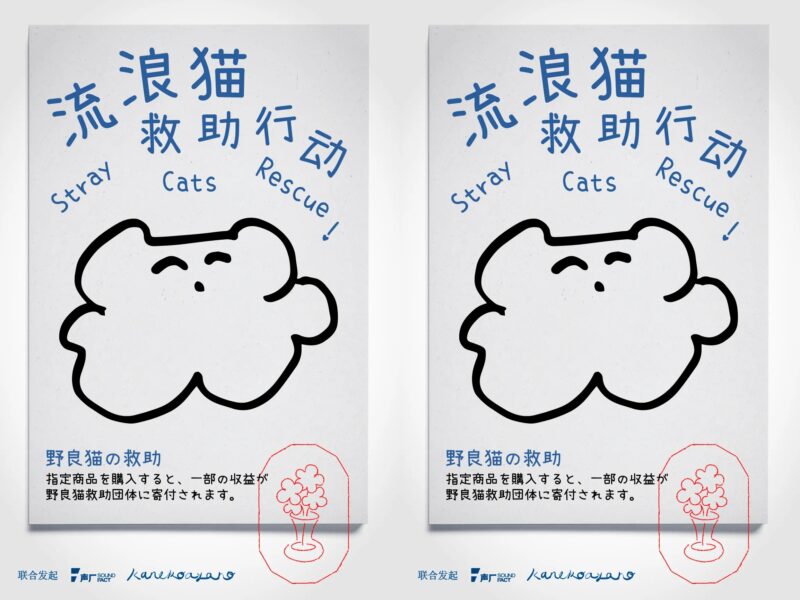Recently, many commentators and netizens began to notice that a miniature 7-Eleven lightbox had gone viral and is now sold out everywhere except on the second-hand marketplace Goofish (Xianyu), where it will set you back over 1,300 RMB (179.39 USD). It has also been reported that 7-Eleven are being flooded with messages asking for the return of the light. So what happened?
The light was a collaboration between 7-Eleven Beijing and Designer light maker Nidea Nlight (meaning No Idea, No Light) and was first released back in August. It is a lightbox based on the familiar lightbox in every 7-Eleven convenience store that lights up when it is dark. A new one would cost 439 RMB (60.58 USD) from official channels, meaning the resellers are flipping it for 3 times the price. It was reissued in early November, (7 November for 7-Eleven) but subsequently sold out again.
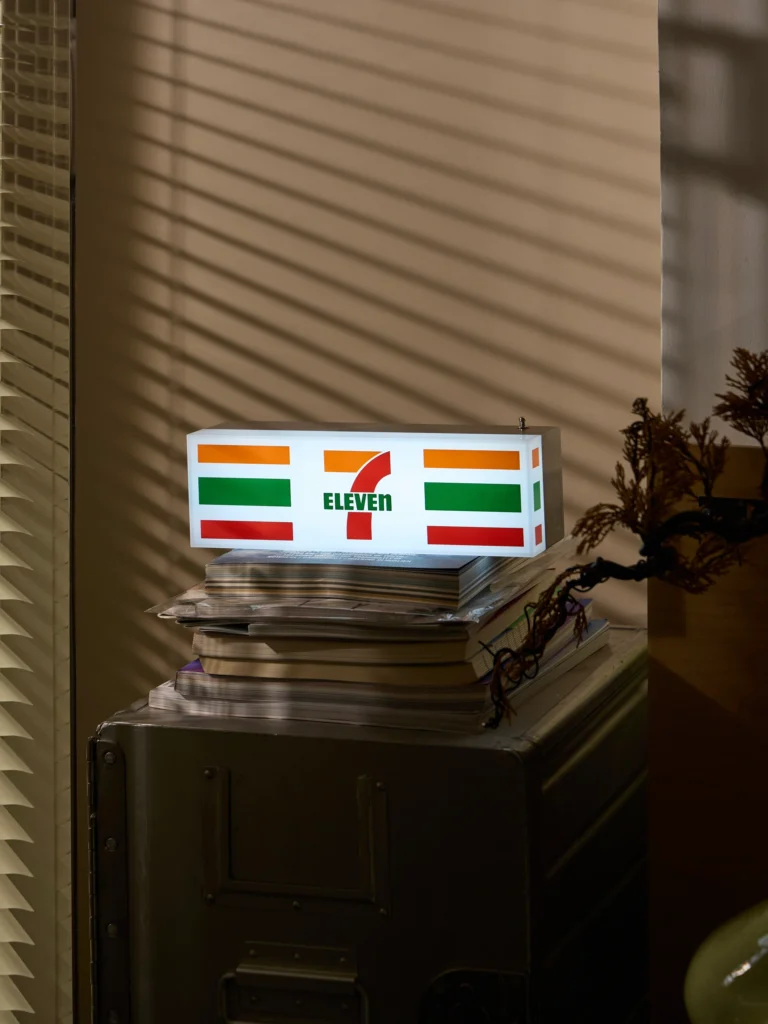



7-Eleven, despite its name, opens 24 hours a day in most markets. The light, and the warmth and deliciousness it is associated with in the dark and especially the cold have brought solace to many netizens working early or late. The “emotional value” the light brings is what has been driving young people to search for it and imploring 7-Eleven to make more. This also happened with other merch from the convenience store chain like a store-shaped cat bed. Collecting branded merch, some pundits pointed out, is also an extension of the “painbags” and “guzi/goods” trends among young people.
In China, 7-Eleven continues to be a dependable source for food and beverages. Recently its “Henan steamed vegetable” salad combines affordable (9.9 RMB/1.37 USD compared to over 20 RMB/2.76 USD for “proper” salads) regional flavour with the fashionable idea of “salad from convenience stores” and has become a viral favourite among young professionals. The chain continues to provide “emotional value” through both marketing and merchandising in China.




